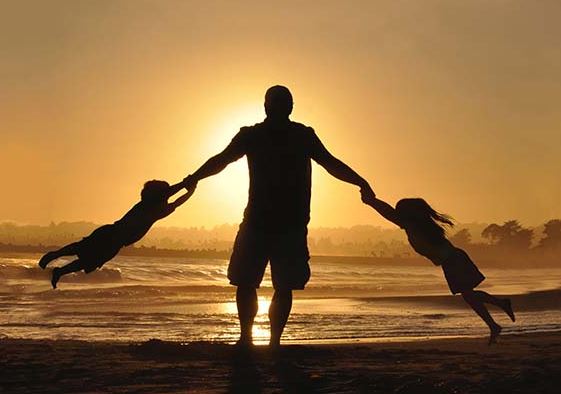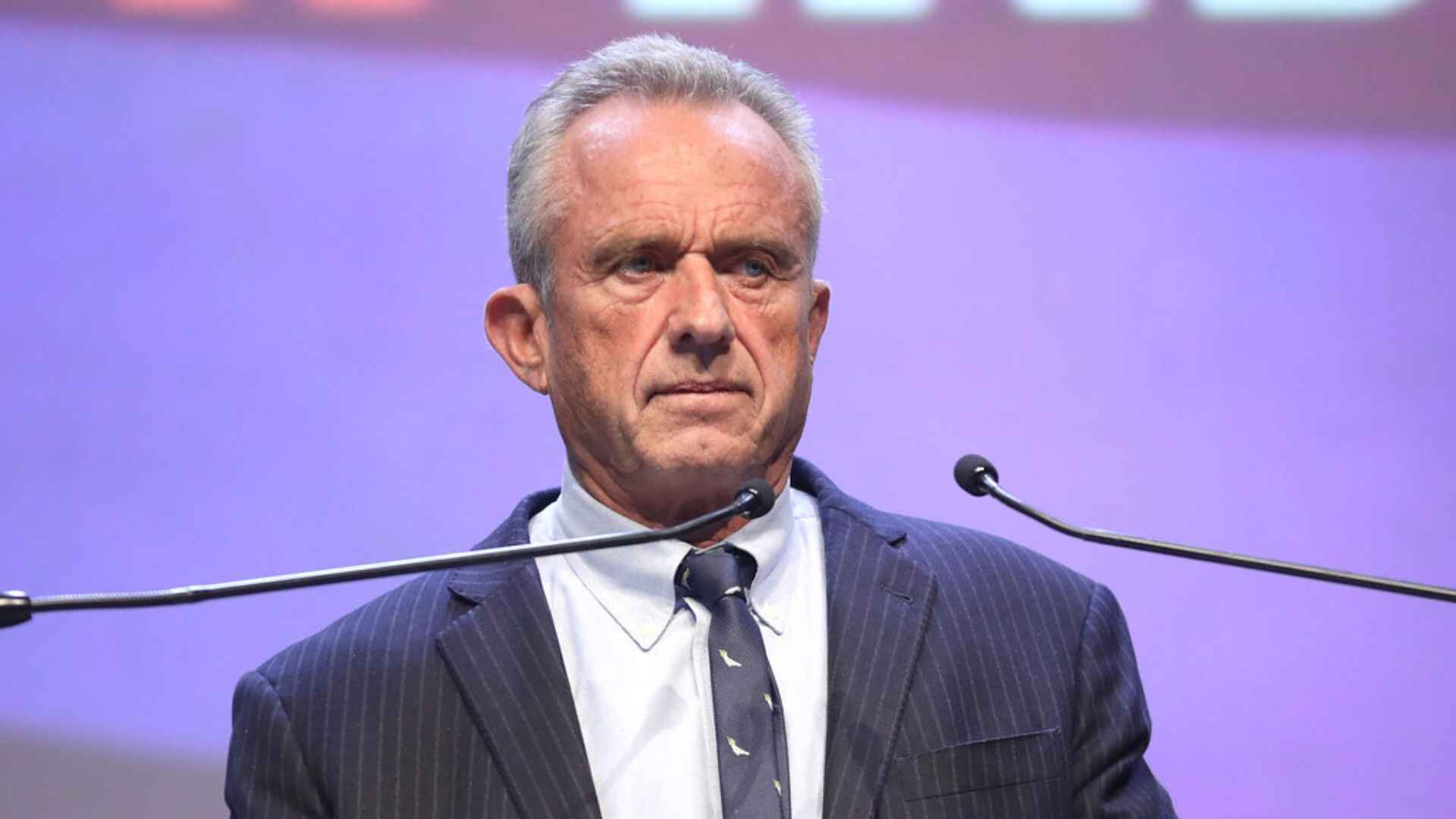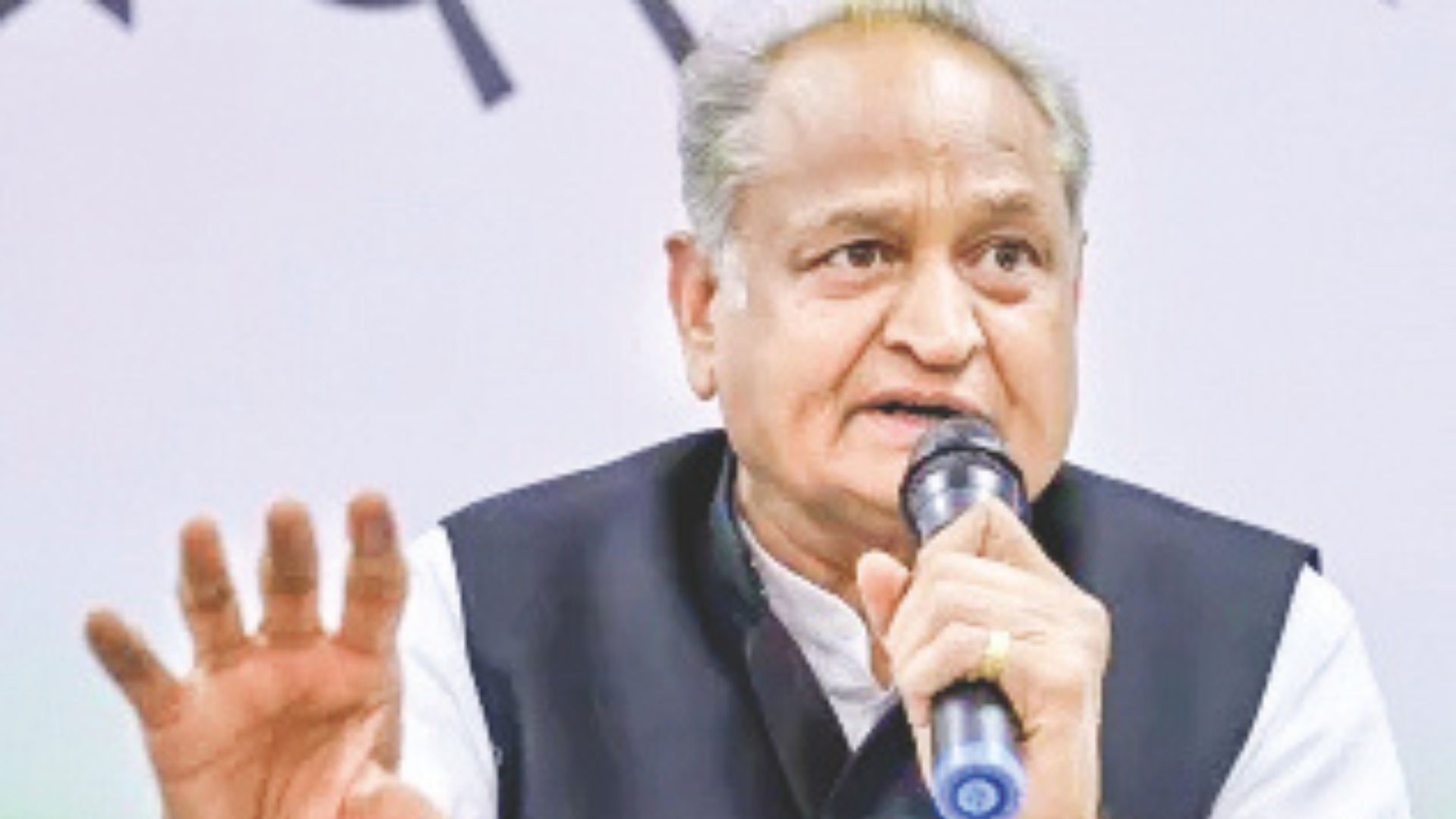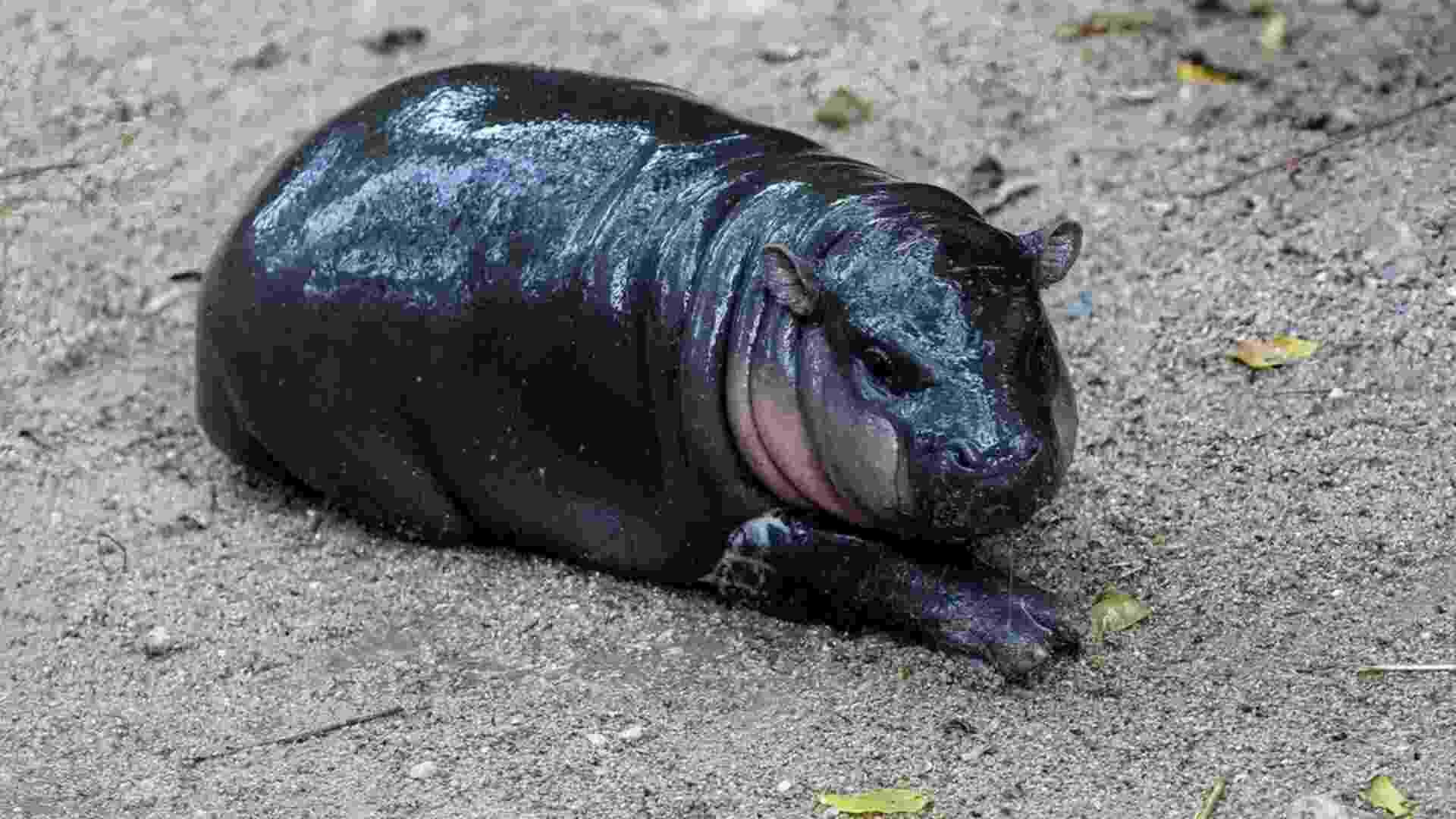
Father’s Day is an exceptional occasion that commemorates and honours fathers worldwide. It serves as a heartfelt reminder for individuals to recognize the vital role fathers play in their lives and to openly express love and gratitude towards them. This special day presents an excellent opportunity to honour and appreciate one’s father for their countless contributions. Regardless of the endearing names we use to address them, such as dad, daddy, father, or pops, there is an undeniable certainty that they leave a profound and lasting impact on our lives. Here, we present the top five facts about Father’s Day that you should be aware of.
Celebrated on 3rd Sunday of June annually
Father’s Day is observed on the third Sunday of June every year, although the specific date may vary from year to year. It is important to note that some countries celebrate Father’s Day on different days, deviating from the traditional third Sunday of June.
Mrs. Sonora Smart Dodd invented it
Father’s Day was established by Mrs. Sonora Smart Dodd, an American who proposed the idea after witnessing her father raise his six children single-handedly following the death of their mother. Inspired by the celebration of Mother’s Day, Sonora believed that fathers also deserved a day of recognition and appreciation.
5th largest card sending day
According to Hallmark, Father’s Day ranks as the fifth largest occasion for sending greeting cards. It’s an ideal time to put pen to paper and express your feelings for your father. Consider including a heartfelt poem, reminiscing about cherished memories, or even creating a personal drawing or artwork to make the card extra special.
Official flower is rose
The official flower associated with Father’s Day is the rose. While there isn’t a specific colour or variety designated as the official Father’s Day rose, gifting a beautiful rose or a bouquet of roses can be a thoughtful gesture to honour fathers on this special day.
The word Dad dates back to 1500s
The word “Dad” is believed to have originated in the 1500s. Its exact etymology is not fully known, but one prevailing theory suggests that it evolved from baby talk or child’s speech. It is common for infants and young children to produce simple repetitive sounds like “dada” or “papa” when learning to speak, and these sounds often become associated with their fathers.















